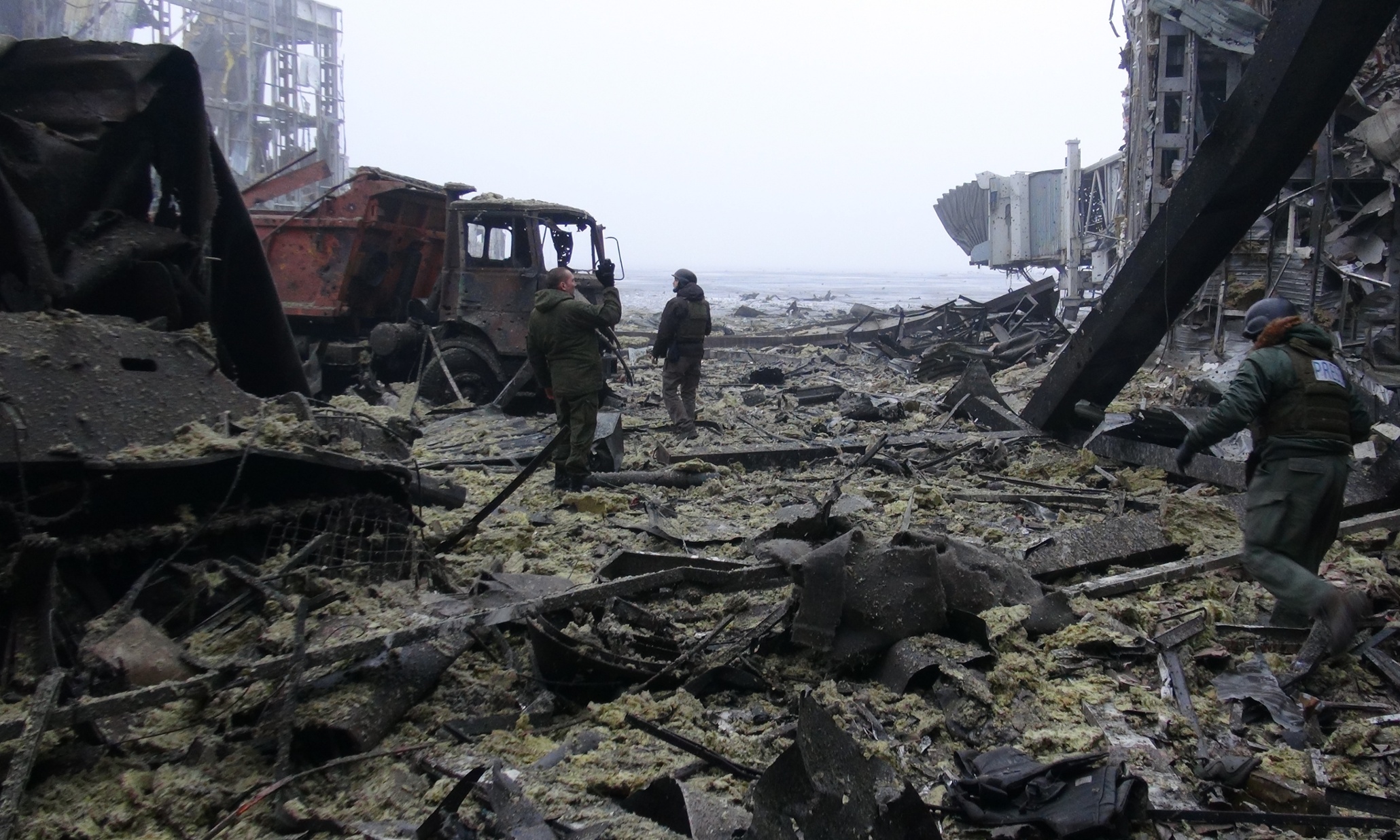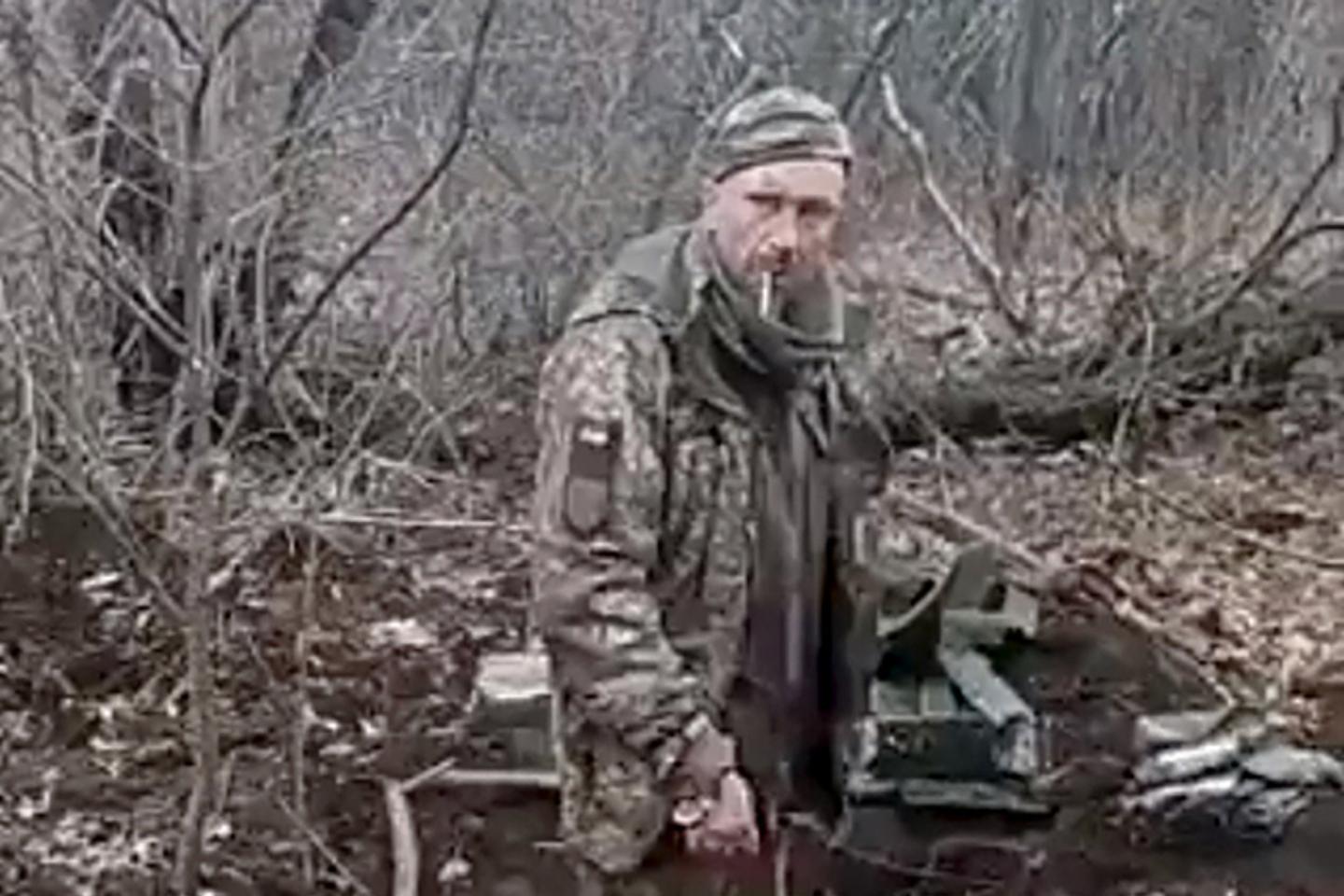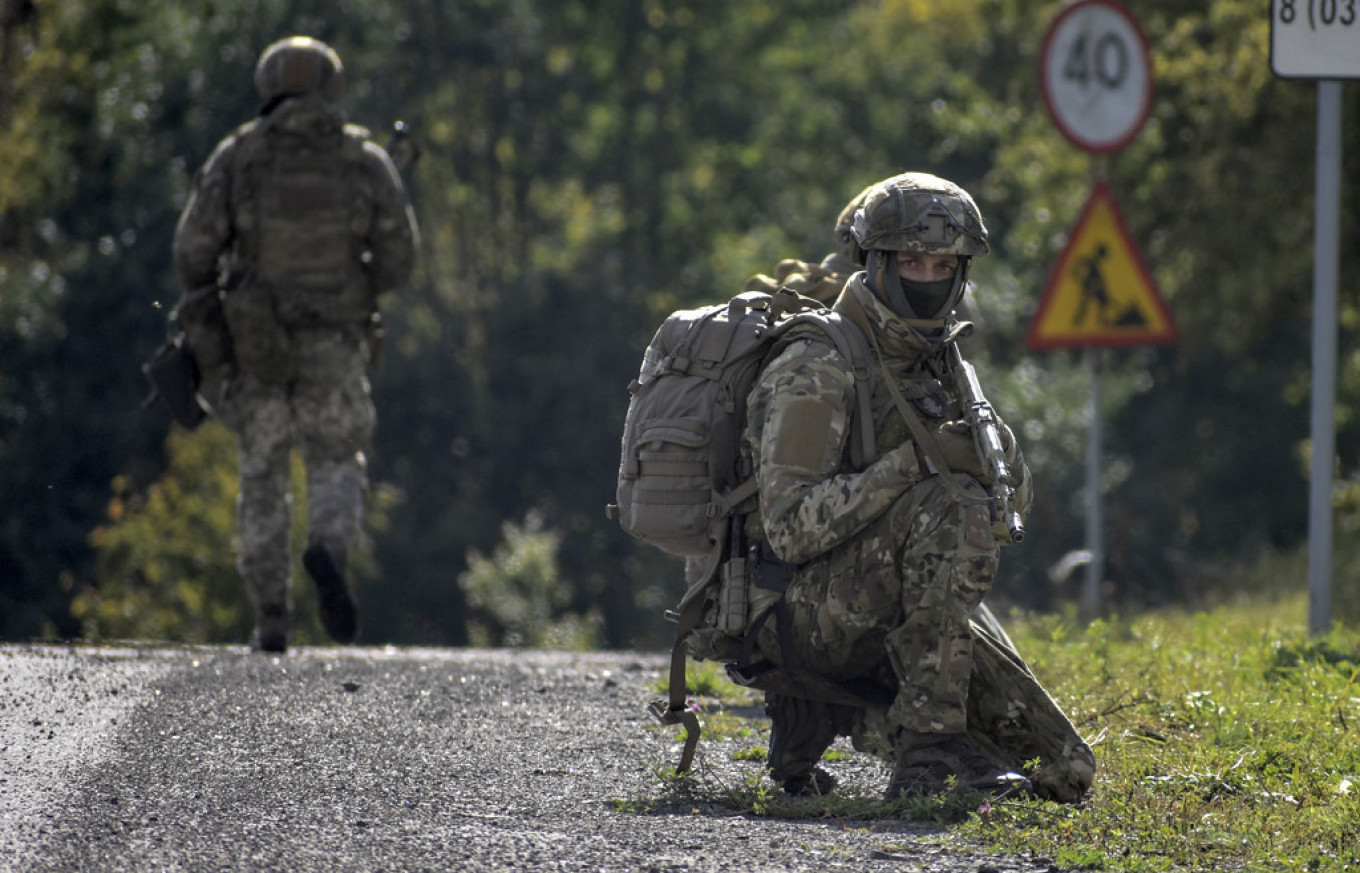North Korean soldier captured in Ukraine dies: reports. This shocking news throws a strange new wrench into the ongoing conflict. Imagine a North Korean soldier, thousands of miles from home, caught in the brutal crossfire of a war he likely never understood. This article explores the possible circumstances surrounding his capture, his life, and the geopolitical implications of his death, piecing together a puzzle shrouded in mystery and uncertainty.
We’ll delve into potential scenarios that led him to Ukraine, examine his possible background and motivations, and discuss the impact of his death on international relations. We’ll also consider the challenges of verifying the cause of death given the complexities of the war and the secretive nature of the North Korean regime. Get ready for a deep dive into a truly bizarre chapter of the Ukrainian conflict.
The Death of a North Korean Soldier in Ukraine: A Multifaceted Analysis
Reports of a North Korean soldier’s death in Ukraine have sparked considerable interest and raised numerous questions regarding the circumstances of his capture, his identity, the geopolitical implications, and the overall narrative surrounding this unusual event. This analysis explores these various aspects, offering a comprehensive overview based on available information and informed speculation.
Circumstances of Capture

Several scenarios could explain the presence of a North Korean soldier in Ukraine. He might have been part of a Wagner Group mercenary contingent, recruited directly or indirectly through intermediaries in Russia. Alternatively, he could have been captured while attempting to cross the border illegally, perhaps seeking asylum or fleeing a more dire situation. The route could have involved travel through Russia, potentially utilizing established smuggling networks or exploiting vulnerabilities in border security.
His motivation might stem from desperation—economic hardship, political persecution, or forced conscription—or even a misguided belief in a better life elsewhere. This situation differs significantly from typical North Korean defections, which usually involve escapes to South Korea or China, highlighting the unique geopolitical context of the Ukrainian conflict.
The Soldier’s Identity and Background
Let’s construct a hypothetical profile. The soldier, Private Kim Jong-chul, might have served in a lower-ranking infantry unit. His background could include compulsory military service, beginning at a young age. He might have experienced harsh conditions and limited resources. Desertion, possibly motivated by extreme hardship or witnessing atrocities, might explain his presence in Ukraine.
Forced conscription into a Russian-affiliated group, however, remains a strong possibility given the known practices of the Wagner Group.
So, a North Korean soldier captured in Ukraine reportedly died, which is pretty grim news. It’s a stark contrast to the excitement of college football, like figuring out where to watch the Texas A&M vs. USC game – check out this guide to find out how: Texas A&M vs. USC where to watch, live stream, TV channel.
Anyway, back to the serious stuff: the death of the soldier raises questions about North Korea’s involvement in the conflict.
| Biographical Details | Military Background | Motivations for Being in Ukraine |
|---|---|---|
| Name: Kim Jong-chul Age: 25 Birthplace: North Hamgyong Province |
Rank: Private Unit: Infantry Service Length: 5 years |
Forced conscription by Wagner Group Desertion due to harsh conditions Seeking a better life (unlikely) |
Geopolitical Implications
The presence and death of a North Korean soldier in Ukraine have significant geopolitical ramifications. It could strain relations between North Korea and Ukraine, already tense due to North Korea’s support for Russia. The incident could also impact North Korea’s relationship with Russia, potentially raising questions about the extent of North Korean involvement in the conflict and the level of control Russia has over its mercenaries.
International perceptions of North Korea may shift, with increased scrutiny of its military practices and potential involvement in foreign conflicts. This contrasts with past incidents of foreign involvement, where Western nations have been more prominently featured. Future scenarios could include further investigations, potential sanctions, and increased monitoring of North Korean activities in conflict zones.
The Cause of Death

Several causes of death are plausible for a North Korean soldier in a warzone. Combat injuries, disease (due to poor sanitation or lack of medical care), or death in captivity are all possibilities. A hypothetical timeline might involve capture, transfer to a Russian-controlled area, and subsequent death from a combination of factors. Verifying the cause of death will be extremely challenging, given the ongoing conflict and limited access to information.
So, a North Korean soldier captured in Ukraine reportedly died, which is pretty grim news. It makes you think about the wider geopolitical implications, and how far-reaching these conflicts are. For a completely different story, check out this article about Dobes getting a special fan in Florida: Dobes aura une admiratrice particulière en Floride – TVA Sports.
It’s a stark contrast to the serious situation in Ukraine, highlighting how different life can be depending on where you are in the world. The death of the North Korean soldier really underscores the human cost of war.
Analyzing reports requires careful consideration of potential biases, considering the sources and their potential motivations, while acknowledging the lack of independent verification.
Media Coverage and Public Reaction

Media coverage will likely vary significantly. Pro-Russian outlets might downplay the incident or portray the soldier as a willing participant, while Western media might focus on human rights abuses and North Korea’s involvement in the conflict. Public reaction would likely be divided along geopolitical lines. In North Korea, the event might be ignored or presented as a heroic sacrifice.
In Ukraine, it could fuel anti-Russian sentiment and highlight the broader international implications of the conflict. Other nations might express concern about North Korea’s role in global conflicts.
- North Korea: State-controlled media silence or propaganda framing.
- Ukraine: Outrage and condemnation of Russian actions.
- Russia: Downplaying the incident or blaming Ukraine.
- West: Concerns about North Korea’s involvement and human rights violations.
Illustrative Narrative, North Korean soldier captured in Ukraine dies: reports
Imagine Private Kim Jong-chul’s final days. Captured during a chaotic battle, he endures harsh conditions and uncertainty. He might reflect on his past life, the harsh realities of North Korean society, and the desperation that led him to this point. His final moments might involve a sense of resignation or perhaps a flicker of hope, contrasting with the grim reality of his situation.
The sensory details—the sounds of gunfire, the cold of the night, the taste of meager rations—would be stark reminders of his desperate plight. His last thoughts might center on regret, longing for home, or perhaps a strange sense of peace.
Summary

The death of a North Korean soldier in Ukraine is a deeply unusual event, raising more questions than answers. The incident highlights the far-reaching consequences of the war, the unpredictable nature of international conflicts, and the human cost of geopolitical tensions. While the specifics surrounding this soldier’s life and death remain shrouded in mystery, his story serves as a grim reminder of the global implications of the ongoing conflict in Ukraine and the hidden narratives within it.
Further investigation is needed to fully understand the circumstances of this extraordinary case.
Question Bank: North Korean Soldier Captured In Ukraine Dies: Reports
How was the soldier’s death confirmed?
Confirmation methods are likely unreliable due to the conflict zone and potential misinformation. Reports might stem from various sources with differing levels of credibility.
What are the potential implications for North Korea’s relationship with Russia?
So, a North Korean soldier captured in Ukraine reportedly died, which is pretty grim news. It makes you think about the fragility of life, even amidst larger conflicts. This reminds me of a completely different kind of instability, like what’s happening with the housing market; check out this article about the impact of Bensons Property on homes under construction: Homes under construction hang in the balance as Bensons Property.
The uncertainty surrounding both situations is unsettling, highlighting how easily plans can fall apart. Back to the North Korean soldier, it’s a stark reminder of the human cost of war.
This could strain relations if Russia is seen as failing to protect a North Korean national, or it could strengthen ties if Russia offers support to North Korea during this sensitive time.
Could this incident escalate tensions between North Korea and other nations?
It’s possible, depending on how the incident is portrayed by different governments and media outlets. It could be used as propaganda by various actors.
What kind of medical care would a captured soldier receive in Ukraine?
This is highly variable and depends on who captured him. Access to medical care in a warzone is unpredictable and often limited, regardless of nationality.